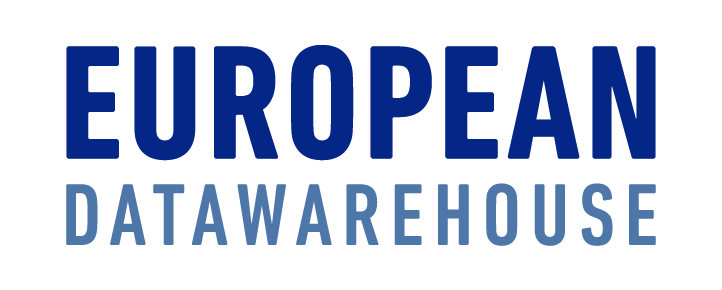
Clifford Chance
10 Upper Bank Street Canary Wharf
London, E14 5JJ
England

25 April 2023

25+ Speakers
Leading figures in the ESG Securitisation Sector

250 Seats
Register to secure yours today

Clifford Chance
10 Upper Bank Street Canary Wharf
London, E14 5JJ
England

25 April 2023

25+ Speakers
Leading figures in the ESG Securitisation Sector

250 Seats
Register to secure yours today

A number of aspects need to be considered when analysing the sustainability of a securitisation, including the nature of the underlying assets, the structure of the transaction itself and the multiple parties involved in its issuance. While the industry is seeking to improve ESG disclosures and regulators have provided guidelines for assessing ESG factors in securitisations, ESG securitisation volumes remain relatively modest as a proportion of the overall sustainable bond market. This seminar explores how balancing the competing demands and objectives in this space could be the key to unlocking the full potential of ESG securitisations.
Cost per Delegate:
| Applies until | Subscriber Discount | Subscriber Rate | Non-Subscriber | Non-Subscriber Discount |
| 31-Jan | 25% | £1,145 | £1,298 | 15% |
| 28-Feb | 20% | £1,220 | £1,374 | 10% |
| 25-Apr | 10% | £1,374 | £1,526 | 0% |
SCI News subscribers – to receive a discount code please contact ta@structuredcreditinvestor.com (Enter discount code on next page.)







Copyright © structuredcreditinvestor.com 2006-2022




